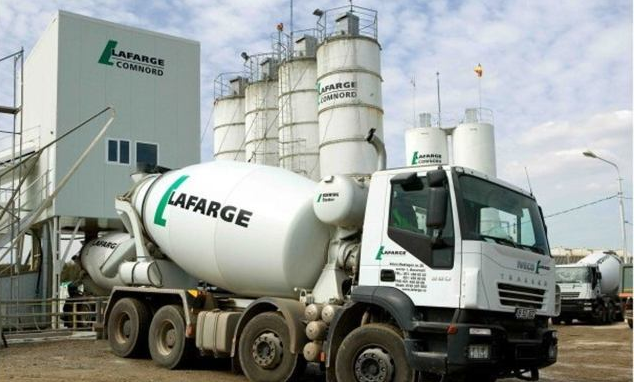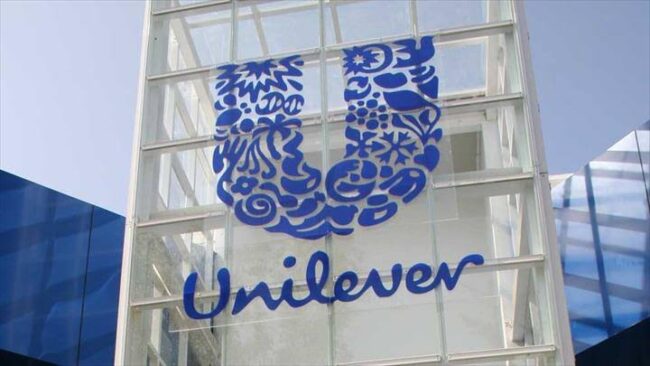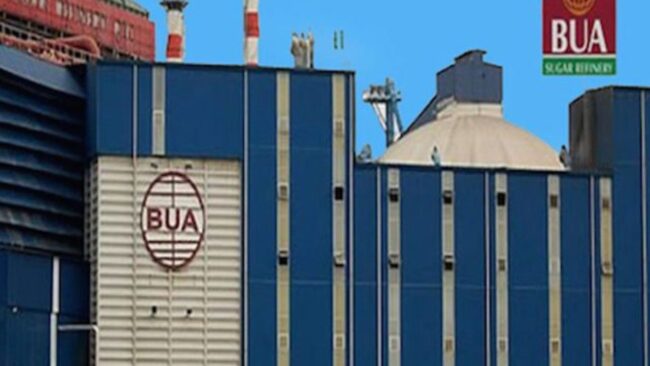Seplat Petroleum Development Company Plc is facing a sudden change in fortunes from a five-year profit high of N85 billion at the end of 2019 to a half-year loss of about N38 billion at the end of June 2020.
This is a plunge from a half-year profit of over N37 billion in 2019. It is a bad financial year in the making for the petroleum company – the worst performance in many years. Revenue losses are the major challenge for the company with an accelerated drop in turnover in the second quarter. The company’s loss for the period stretches all the way from operating result to the bottom line.
The company suffered a drop of 6 percent in sales revenue at the end of last year, which accelerated to 13 percent in the first quarter of 2020 and further to 26 percent at half-year.
Loss of sales reflects the global economic lockdown under the coronavirus pandemic that crashed crude oil and gas prices. The company realised an average crude oil price of $34.94/bbl at half-year 2020, down from $65.16/bbl in the same period last year. This represents a continued drop from an average of $50.9/bbl in the first quarter.
Advertisement
Pressure from costs reinforced the drop in crude oil price and revenue, leaving the company’s profit capacity broken. Costs continued accelerating upward, as sales revenue accelerated
downward.
Cost increases were led by cost of sales, which accelerated from 32 percent growth year-on-year in the first quarter to 47 percent at half-year. It claimed as much as 84 percent of sales
revenue, reducing gross profit to one-fifth of the corresponding figure in 2019.
Further pressure from operating cost came from general and administrative expenses – which grew by 17 percent at half-year compared to a drop of over 11 percent at the end of last year.
A positive signal for the company in the second quarter is a sharp slowdown in the speed with which the company built a loss in the first quarter.
Advertisement
The company’s audited accounts for the half-year ended June 2020 shows that its losses dropped from nearly N35 billion in the first quarter to N3 billion in the second adding up to the half-year loss figure of N38 billion.
The drop in the loss figure in the second quarter reflects two major developments within the period. The first is a no-further record of impairment loss on non-financial assets – that was as large as N50 billion in the first quarter. The second is the appearance of a tax credit of N15.5 billion in the second quarter that erased much of a pre-tax loss of close to N19 billion for the quarter. There was also a sharp slowdown in administrative cost from a 66 percent rise in the first quarter to 17 percent at half-year.
The company’s operating activities at half-year resulted in a loss of N38.7 billion, which is a plunge from an operating profit of N42.7 billion in the same period in 2019. This is a further
increase in operating loss from N25 billion in the first quarter.
Renewed pressure from finance expenses added to the company’s challenges during the review period. Net finance cost more than doubled at 106 percent year-on-year to almost N12 billion at the end of June 2020. Finance income dropped to insignificance and finance cost rose by 65 percent. Net finance expenses of N6 billion for the full year in 2019 doubled in the first six months of the year. This reflects the company’s huge interest-bearing debts that stood at N288 billion at the end of half-year.
Advertisement
Good news that created a positive signal in the second quarter came from tax credit. The company shifted from a tax expense of N3.5 billion in the first quarter to a tax credit of over N12 billion at half-year. That helped to cut down a pre-tax loss of roughly N50 billion at the end of June 2020.
Seplat Petroleum closed half year operations with a turnover of more than N80 billion, losing as much as 26.5 percent of sales revenue year-on-year. An increase in the group’s average working-interest liquids production was more than countered by drops in the average crude oil price and the volume of gas sales.
The group’s average working-interest liquids production grew by 48.5 percent to 34,117 bopd at half-year due to sustained increase in output from two oil wells. At $34.94/bbl, the average
crude oil price realised over the half-year is only slightly above one-half of the figure in the same period in 2019.
The performance of the gas business is affected by increased downtime at the third-party infrastructure and a 15-day shutdown of Oben gas plant for turnaround maintenance in March.
Advertisement
Sales volume of gas dropped by 31 percent to 99 mmscf at the end of June 2020. However, the outlook for gas is a little bit more promising with the reversal of the average realised gas price for the company from an 11 percent drop in the first quarter to a 4.7 percent gain year-on-year at $2.88/mscf at half-year.
Reduced gas sales volumes led to a drop of close to 17 percent in gas revenue to over N18 billion at the end of half-year. Gas contribution to group revenue has however improved from 17.7 percent in the first quarter to almost 23 percent at half-year. This follows the gain in the average selling price for gas over the period.
Advertisement
Seplat’s management expects that revenue performance would be stable in the second half of the year. The optimism is based on steps it has taken to hedge against low oil prices alongside
the improving contribution of gas to group revenue.
The group closed half year operations with a loss of N37.8 billion against an after-tax profit of N37.5 billion in the same period in 2019. The change in fortune is spelt by the bearish turn of the global oil market in the midst of the coronavirus pandemic. The company closed half-year trading in June 2020 with a loss per share of N65.32 against earnings per share of N65.92 in the same period in 2019.
Advertisement






